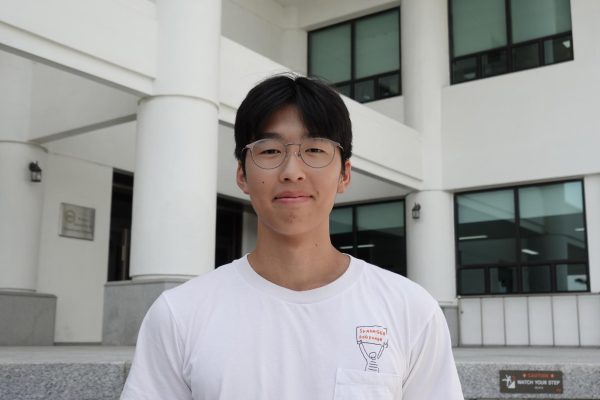Los Angeles Lakers small forward LeBron James, alongside his legal team, sent cease-and-desist letters on July 4 to creators of the AI videos that falsely depicted him as pregnant on platforms such as Discord and Instagram. 404 Media reported that this incident seems to be among the first times a celebrity has filed a lawsuit against a platform for creating AI videos of them without their consent. The videos sparked backlash on social media, raising concerns regarding LeBron’s reputation, privacy, and broader implications of AI use in social media.
“I was distraught because LeBron is someone I have admired since my childhood, and seeing him depicted as this horrifying amalgamation of AI-generated images really struck me,” Ian Kim (10), NBA enthusiast and Instagram user, said. “I think it is about shock value. The social media companies need people to look at and create AI images that evoke a sense of sadness and allow for more interactions on posts.”
The altered content quickly sparked controversy online, drawing criticism from media commentators. LeBron’s response to the AI infringement on his personal image may indicate future legal actions from other celebrities, who have been increasingly subjected to AI-generated deepfake content videos that range from humorous, bizarre images to harmful usages, such as pornography. For instance, celebrities such as Taylor Swift and Steve Harvey were illustrated in more explicit forms of AI-generated content on social media, with sexual and inappropriate images circulating on platform X.
“Given the fact that people are creating things that aren’t real in order to mess with someone’s likeness for entertainment value, I think LeBron has every right to take action,” Tim Munro, boys varsity basketball coach and NBA fan, said. “People should simply stop making this type of content. When I’m scrolling through my phone, I see these articles that illustrate something interesting, but when I investigate further, it turns out the entire story was fabricated by AI.”
To address the proliferation of AI deepfakes, a team of US senators and representatives tried to pass a bill termed the NO FAKES Act in August, which would provide people with intellectual property rights over their image and speech.
The incident also sparked discussions among fans and the general public regarding stronger regulations for AI-generated misinformation. Many Lakers fans expressed their outrage at the mockery towards LeBron, while others expressed their concern about the deceptive nature of such technologies that can ultimately be mistaken for reality. Given how easy it is to misrepresent even the most respected athletes, many social media users are concerned that they will soon become victims of this intensifying issue.
“LeBron has done a good job in keeping his moves away from the public, as not a lot of us know about the what has happened; however, having been informed now of the incident, I would say my respect has only increased for him, for he is demonstrating professionalism on and off the court,” Seowoo Choi (12), varsity basketball player, said. “It appears as though the societal impact of digitalization is definitely twofold. I would argue that celebrity deepfakes can seriously taint the reputation of an individual, sometimes even unbeknownst to them, further underscoring the gravity of this issue.”
This incident underscored the growing concern regarding deepfakes in both celebrity culture and everyday life. While LeBron’s case highlights potential harm to public figures, the same technology threatens students, professionals, and ordinary individuals whose reputations can be tainted in an instant. As AI continues to evolve, any photo that is posted on social media can immediately be seen by thousands in a matter of minutes, thus making these types of deepfakes detrimental to victims.


